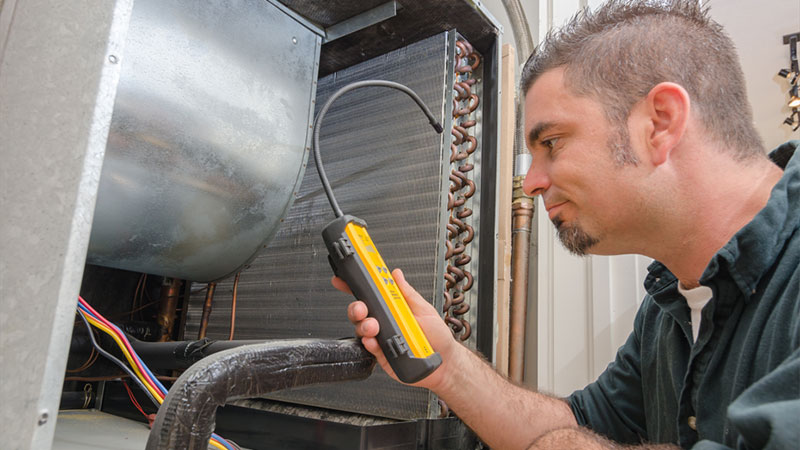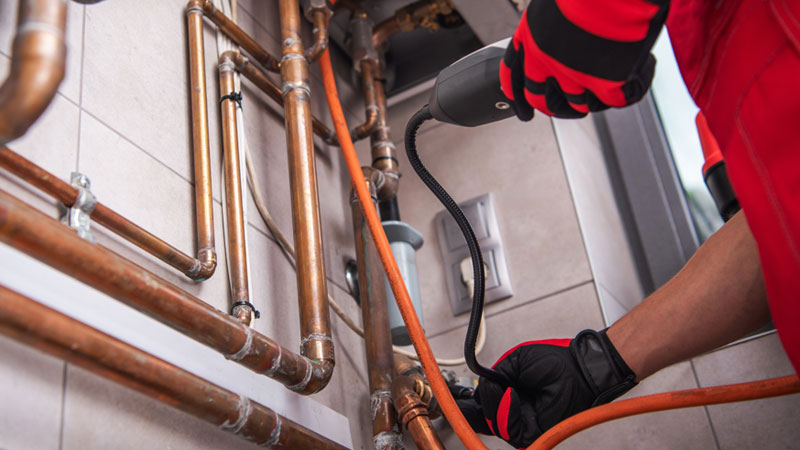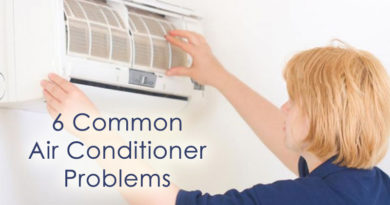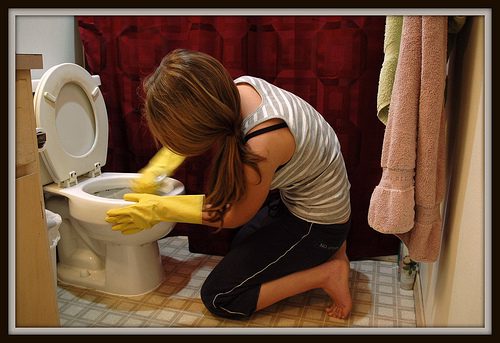5 Different Ways A Professional Checks For Refrigerant Leaks In Your Home AC System
You want your air conditioning unit in perfect working condition, more so during the warmer months, or else temperatures in your home will be unbearable. But this is often not achievable if your HVAC system is experiencing a refrigerant leak because there isn’t enough air entering and leaving your home. In addition, the leaking refrigerant can affect your overall health because direct contact causes you to experience dizziness, chemical burns, and frostbite.
If your air conditioning unit is diagnosed with a refrigerant leak, you shouldn’t simply hire an HVAC professional to recharge it and let them go. Instead, make sure they find the exact place where the leakage is to resolve this issue conclusively. After so, you can make sure no other problem arises by giving your HVAC unit the proper maintenance it deserves.

To find the leakage in your AC system, here are some different techniques that various HVAC professionals perform.
- Nitrogen Detection
This method is a reliable way for professionals to check for leaks in the HVAC system. In Boyce VA Freon leak inspection is the first step done by an HVAC professional. Then, they proceed to get rid of all the Freon from your air conditioning unit and replace it with compressed nitrogen. If there’s a leak, audible sounds will become evident due to nitrogen having more significant pressure than the refrigerant. You can also pinpoint spots with the leak by inspecting the gauges to see pressure changes. If you detect this, it’s a clear sign that there’s a leak present in your AC system.
Despite its effectiveness in helping check for leakage, the nitrogen detection method is relatively expensive. Because of this, it shouldn’t be your go-to choice if you’re financially constrained and instead want a cheap way of checking for leakages in your AC system.
- Electronic Detection
It’s a popular technique for checking for refrigerant leakage due to its superb accuracy. The electronic leak detectors used to perform this test are state-of-the-art but should only be used by an HVAC professional. This equipment works by setting off an alarm when it detects any leak. Because electronic detection makes identifying the location with a leak easy, the electronic leak detector is ideal when checking for refrigerant leakage.
With that said, this technique has its downsides, such as the reasonably expensive electronic leak detector. This method only allows you to detect leaks in spots after the electronic leak detector comes into contact with the refrigerant components. You also need to be trained on safely and correctly using the electronic leak detector. In addition, you’ll need first to confirm whether the refrigerant in your HVAC system is compatible with the electronic leak detector. If not, this device won’t alert you even if there’s a leakage.
- Ultraviolet (UV) Dye Detection
Another effective method of checking for leakage in the HVAC system is through dye detection. This test entails adding fluorescent dye into the air conditioning unit and giving it some time to circulate through the HVAC system. Consequently, use a detection lamp that can help you locate the exact spot where there’s a leak. This entire process should only take you a couple of minutes. Another advantage of this method is you can perform it when the HVAC system is on or off, and leaks are easily noticeable from a distance.
However, the dye detection method does have some downsides associated with it. One of these is that it’s advisable to do this test by a certified HVAC professional if you lack the expertise, time, and money to execute it correctly. You’ll also need to invest in specialized equipment to help you quickly and safely carry out this test. In addition, you need to be sure that the dye you use won’t cause any harm to your HVAC system.
- Soap Bubble Detection
Soap bubble detection is one of the oldest techniques HVAC professionals have used to check for refrigerant leakage. It’s a simple test that starts with mixing soap and warm water and subsequently stirring it for a couple of minutes. After that, use a dauber or brush squeeze bottle to apply the soap solution to the area where you suspect there’s a leakage. If bubbles pop out, this is no doubt a clear sign there’s a leak, and you’ll need to place patches.
While this test seems simple, you should leave it to a professional to avoid air bubbles entering the HVAC system because it’ll become a challenge to identify their precise location. It’d be best to be highly vigilant not to add corrosive ingredients to the bubble mix or else end up destroying the refrigerant system, thereby planning for expensive repairs. This method might also not be very effective in identifying a tiny leak in an area with extreme windy outdoors.
- Oil Detection
HVAC professionals also tell you there’s a leak in your air conditioning unit using the oil detection method. This technique is sometimes applied because the leaking of the refrigerant, in some cases, causes oil to start leaking out. Detecting oil shouldn’t be that difficult because it has a distinct smell that you can smell from far away. In addition, its dark and thick consistency makes spotting is relatively easy.
During the oil detection test, the HVAC professional starts by wearing protective gloves that protect them from cuts or getting their hands filled with mucky oil. Likewise, a cloth can also come in handy if gloves aren’t available. After that, they start to feel the different components of your air conditioning unit while examining the gloves to check whether there’s any oil. If you see somewhere producing excess fat, there’s a high likelihood there’s a leak that needs repair.

Takeaway
While refrigerant leaks aren’t that common, it’s an issue that can happen to your HVAC unit, thereby increasing the temperature inside your home. When this happens, it’s best to consult right away an HVAC professional who’ll use different techniques to identify the exact area with the leak. This guide has enlightened you on some of the common techniques the HVAC professional will use to detect the leak and afterward start repairing your air conditioning unit.



